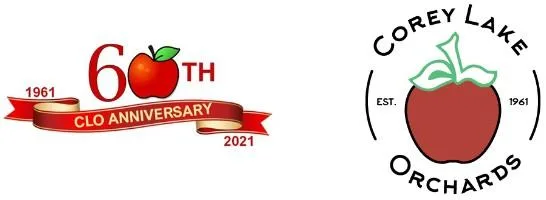| Across the country, gardeners are finding that the pepper seeds they planted, don’t match what they are growing. For example, a Michigan woman planted banana, jalapeno and bell peppers but only got habaneros. Another woman from southwest Michigan planted carnival peppers but ended up with banana peppers.
And a Kansas wholesaler that supplies plants to eight states posted about the confusion saying the “mislabeled seed packages from the seed vendor” appeared to be widespread.
It’s unclear exactly what happened but the mystery sheds light on a complicated supply chain, consolidated ownership and four companies that dominate seed production.
According to Phil Howard from Michigan State University, hundreds of formerly independent seed companies ended up in the hands of what are now just four giant chemical corporations globally. And between the four of them, they control over half the proprietary seed sales for the entire world. This has increased prices and undercut diversity, making crops more vulnerable to drought, climate change and pests.
“It’s a very risky strategy to have so few firms controlling the foundation of the food supply and making decisions about the food we eat,” Howard said. It’s tricky to speculate exactly how this mix up happened, but Howard says “putting all our eggs in one basket” creates a system that is not resilient.
Here at CLO, our seeds came from a trusted supplier and our peppers are not mixed up. This year we have the nicest peppers we’ve ever grown.
If you need peppers for your various food processing needs, we can help you find the “right kind”. |















